Liquid gold
Olive oil, often called "liquid gold", has been gaining popularity in China in recent years. However, for a long time domestic consumers favored imported brands.
In the 1970s, Professor Xu Weiying, an olive oil expert from China Agricultural University, suggested planting olive trees imported from Albania in Wudu district, Longnan, as a trial. After a few years the trees began to thrive, prompting the local government to invest in establishing an olive oil demonstration base.
In 1998, the International Olive Council's World Olive Distribution Map marked China's presence for the first time, specifically noting Wudu district. By 2005, Wudu olive oil had earned certification as a geographical indication product.
With an ideal climate and environment for olive tree cultivation, Longnan is today one of the world's top olive oil-producing regions. It is also China's largest olive oil production area.
During the 2023-2024 pressing season, Wudu district is expected to produce 7,500 tons of olive oil, a year-on-year increase of 20.97 percent, according to a recent Wudu government report.
Founded in 2018, Olive Time Technology, is a leading player in Longnan's olive oil industry.
"We ensure our olives are processed within 24 hours of picking to make our premium extra-virgin olive oil," said Li Chao, the company's vice president and production manager.
The company has approximately 3,300 hectares of land in the Wudu district as its supply base, which in turn has driven nearly 250,000 people to develop olive products, he said.
In 2023, the company purchased 4,600 tons of fresh olives and produced 510 tons of oil with an expected output value of 68 million yuan.
Li said Longnan has few profitable crops, so the olive oil industry is a boon for local farmers. About 0.06 hectares of land can produce around 250 kilograms of olives, providing farmers with approximately 4,000 yuan in income, a much higher return than other crops, he said.
"Compared with cereal crops, olive tree cultivation is much simpler, requiring only watering and pruning," Li said. "Outside the busy harvest season around October, farmers can also work elsewhere during their spare time."
Domestic olive oil is becoming more popular with Chinese consumers, he said. Domestic olive oil also has a price advantage over imported olive oil of similar quality.
"If domestic olive oil can gain a foothold in the Chinese market as sales increase, the enthusiasm of farmers and enterprises will increase, and the quality and production efficiency of olive oil will also improve," Li said.
The company's oil processing uses imported production lines, with an oil yield of about 12 percent. However, it is collaborating with the Lanzhou Institute of Chemical Physics, the Chinese Academy of Sciences and Gansu Agricultural University to develop new equipment and technology to improve the oil yield.
In addition, they are also developing more derivative products, including olive pickles, olive oil beef sauce and olive oil gummies.
There are plans to get Chinese consumers into the habit of drinking olive oil, which has purported health benefits. "We are developing powdered olive oil products that can be mixed with water for drinking, and can also be flavored with honey to better suit consumers' dietary habits," said Li.








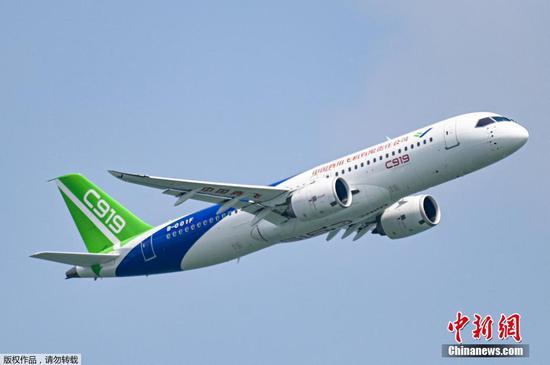

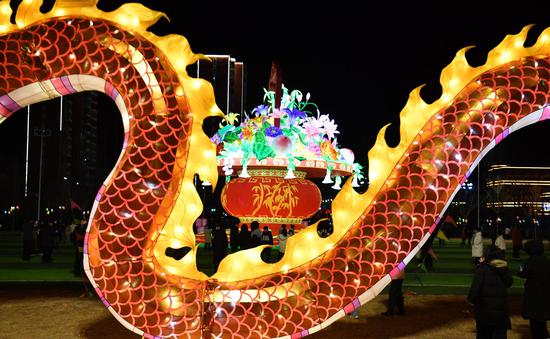

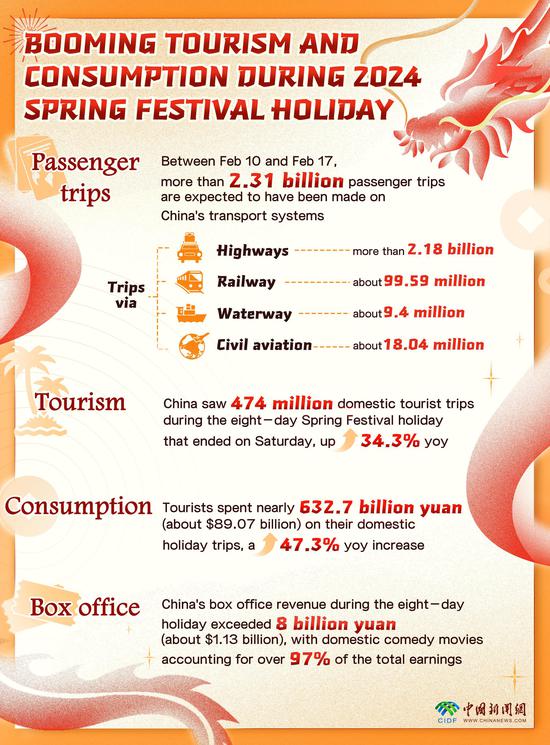
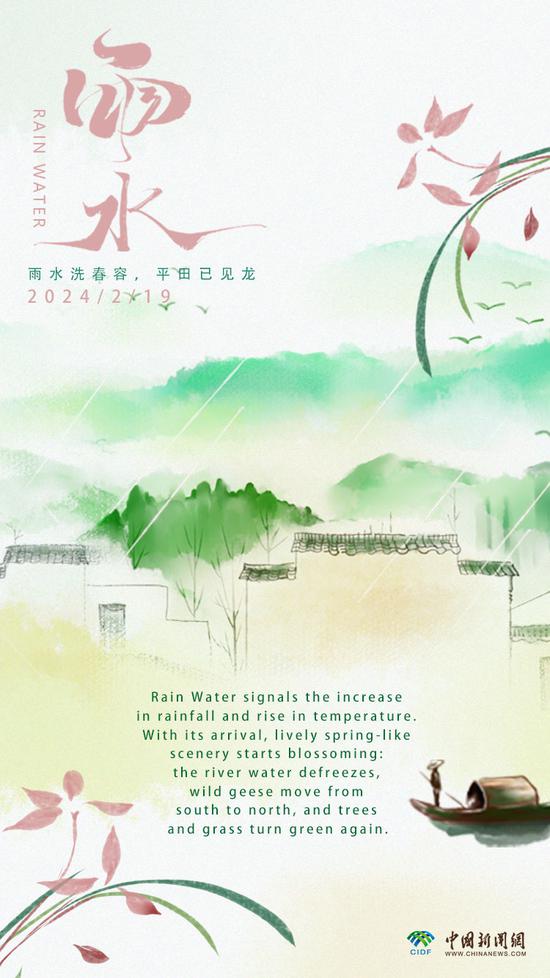











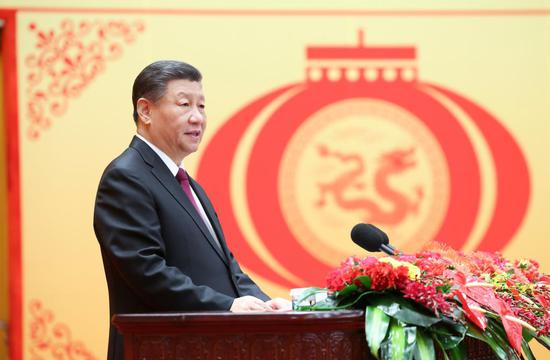



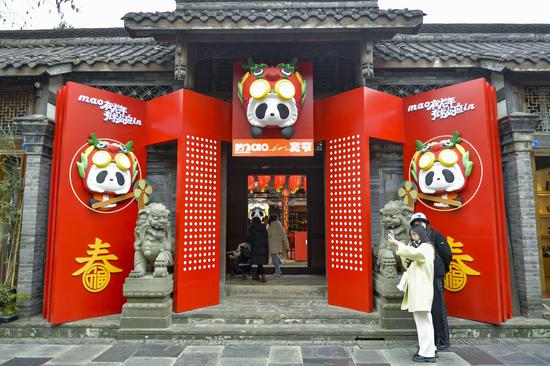

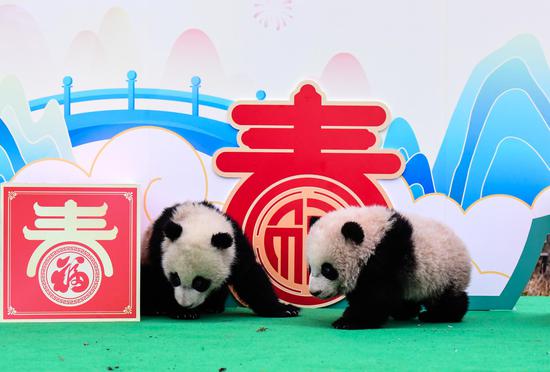



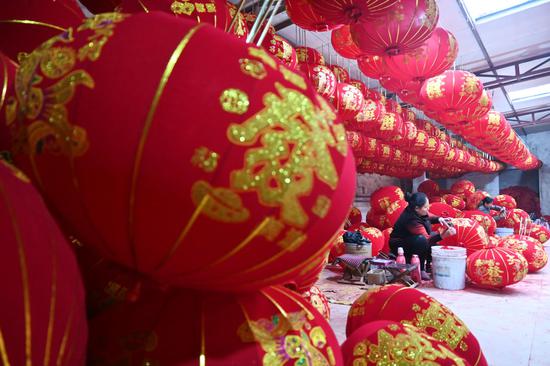

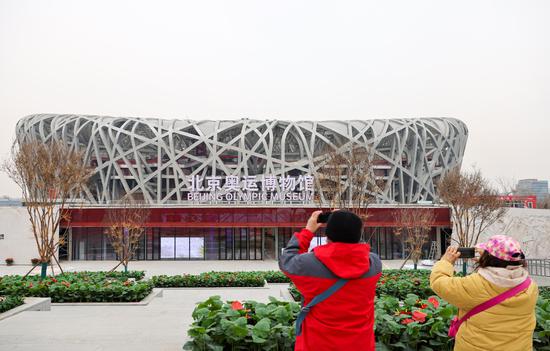
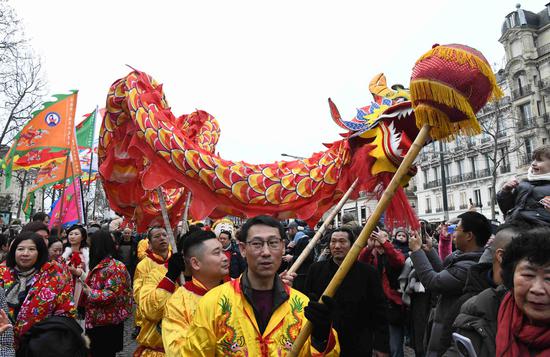
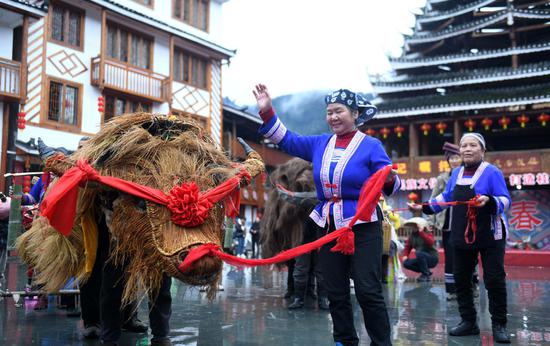



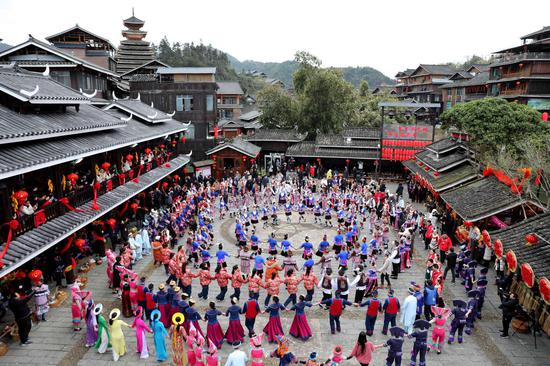
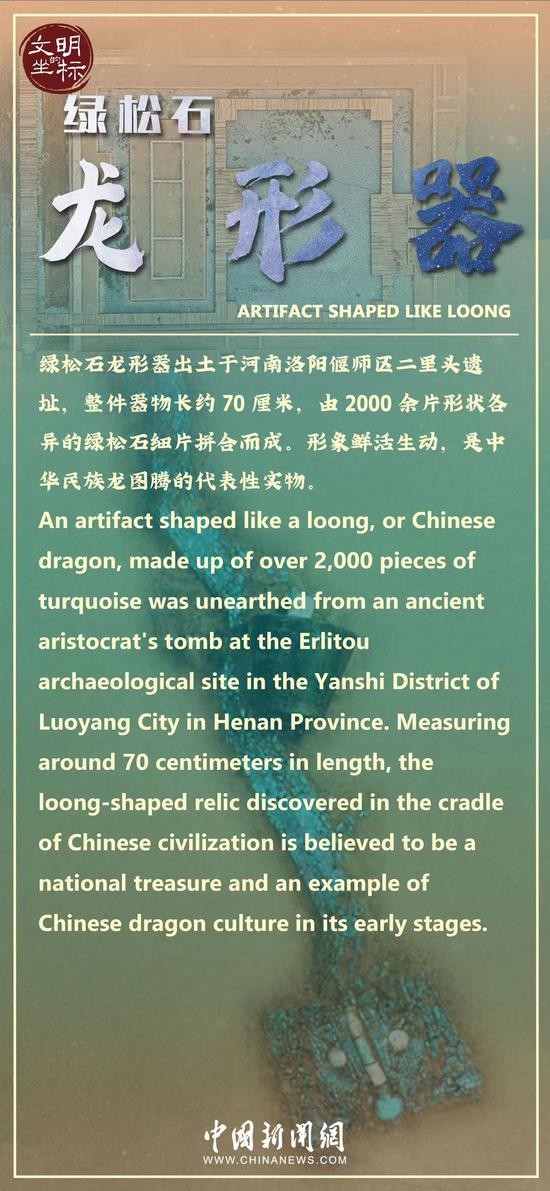





 京公网安备 11010202009201号
京公网安备 11010202009201号
